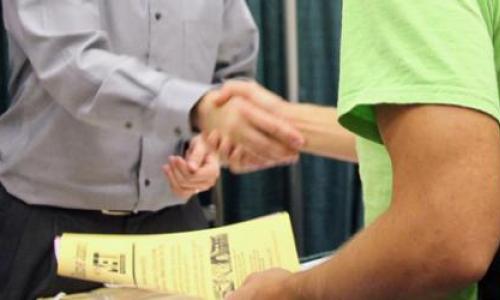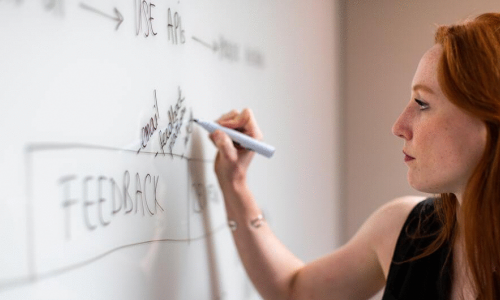
There’s no shortage of interview formats or styles that can throw even the most experienced interviewee off their game, but if you familiarize yourself with as many of these as possible, you’ll be less likely to show up unprepared. Which is why this series is here, so you can become familiar with the multitude of interview styles you could face.
In behavioural interviews questions will focus less on how you would behave in a certain situation, and more on how you have handled similar situations. You will most likely come across these types of questions within a general interview. The idea is that by asking about a time you handled a difficult situation they can use your past actions to predict future behaviour. This is the perfect place to use the STAR method – Situation, Task, Action, Resolution.
The Good
-
This type of interview is generally considered the best at predicting employee success, so learn how to ace it and you’ll have a good shot at being hired.
-
These questions give you an opportunity to bring up experience that may not have fit anywhere in your resume, or to further highlight your most rewarding or successful experiences.
The Bad
-
These interviews tend to be longer, and you may struggle with not repeating the same or similar experiences.
-
It can be tougher to gauge how well you’re doing.
The Helpful
-
Prepare several STAR examples that could apply to a variety of questions, then you can quickly tailor them to something more specific.
-
Focus on experiences that resulted in positive outcomes. If you are asked about an experience with a negative outcome make sure to follow through with what you learned, and how you dealt with the misstep.
-
There are no right or wrong answers, but you do need to provide enough information for the interviewer to determine if your past performance suits their requirements.
-
Don’t lie or exaggerate your experiences, your interviewer has likely sat through dozens of these and can spot a lie.
Potential Questions
Tell me about a time when you...
-
Had to deal with a difficult customer or client.
-
Worked under tight time deadlines.
-
Were forced to make and justify an unpopular decision.
-
Had to deal with a difficult boss or co-worker.
-
Made a mistake at work and how you dealt with it.
-
Completed a successful project.
Beyond the Blog
- Prepare for your upcoming interview with the Interview Question Database.
















